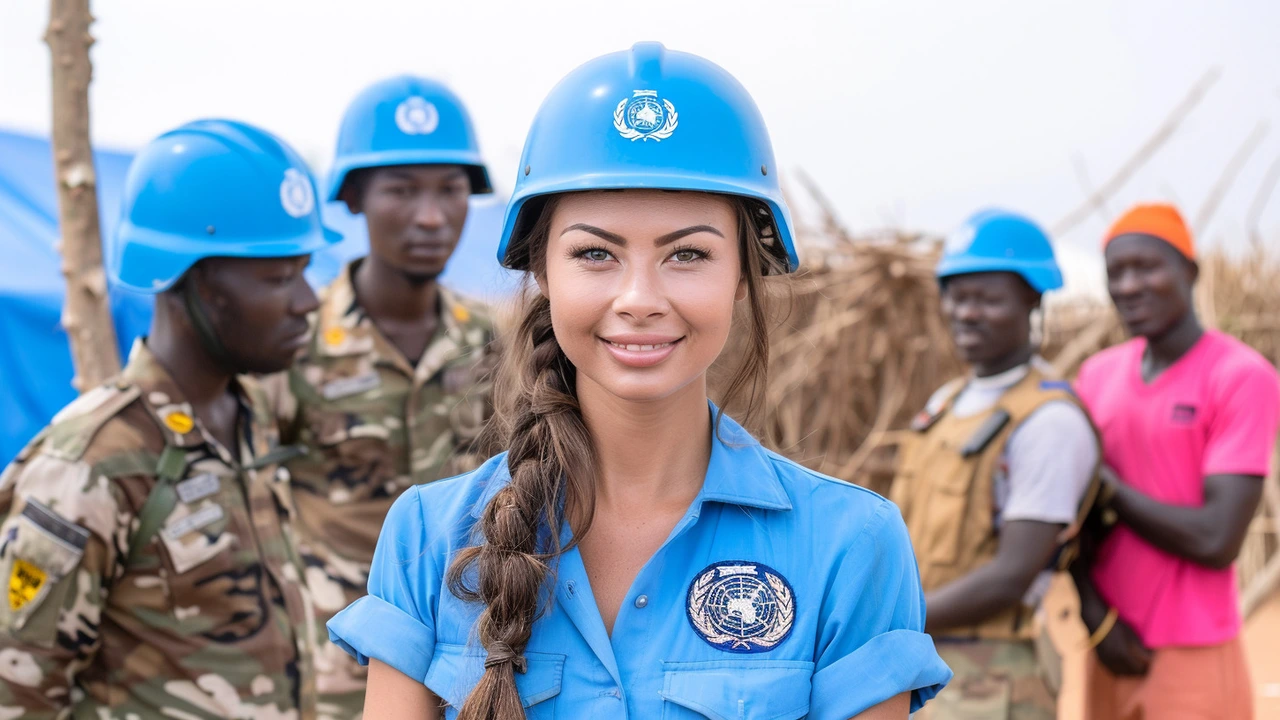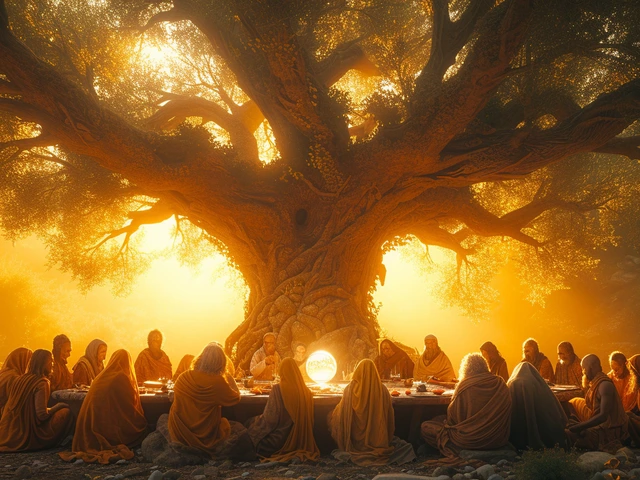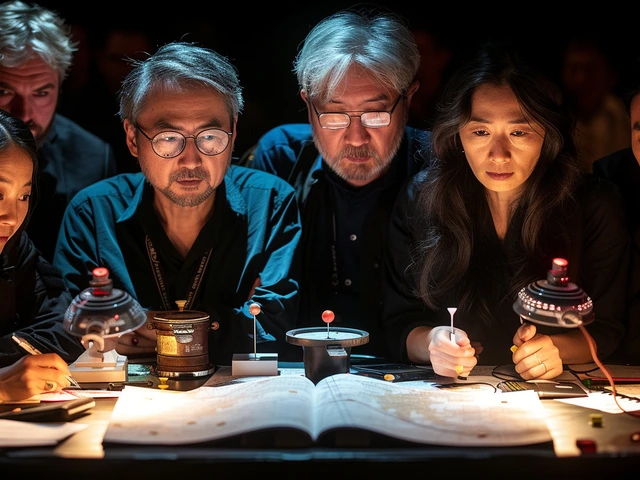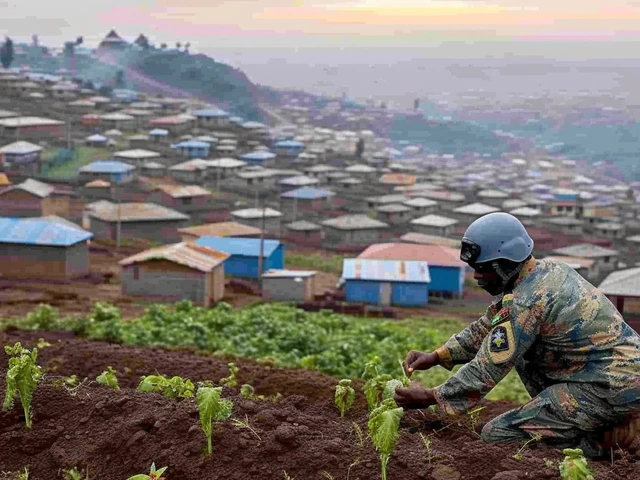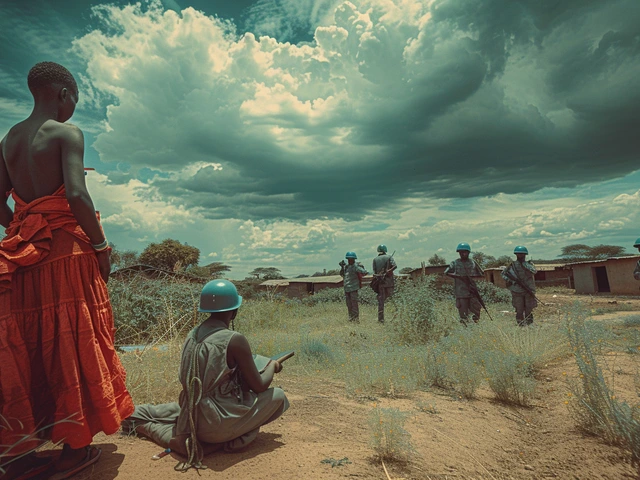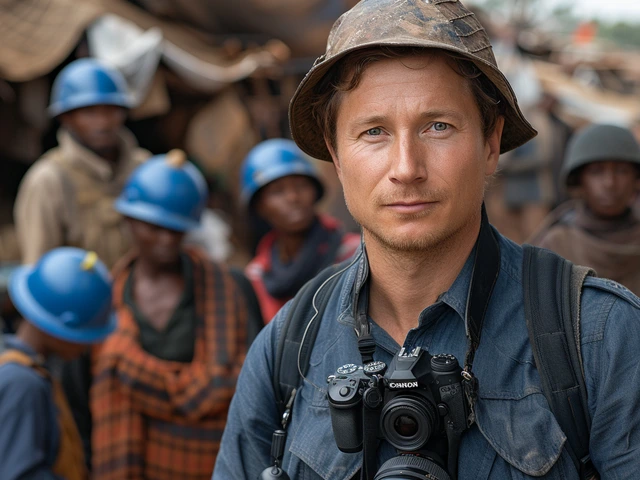Understanding Peacekeeping: Definitions and Objectives
Peacekeeping holds a unique place in the global effort to maintain peace and security amongst nations. At its core, peacekeeping involves the deployment of international personnel, typically under the United Nations' banner, to help reduce conflict between hostile parties and support the implementation of comprehensive peace agreements. These missions are often complex, requiring careful negotiation, the rebuilding of political frameworks, and, crucially, the trust of the local population. It is a delicate balance between diplomatic negotiation and, when authorized, military intervention to protect civilians under imminent threat.
Breaking down the objectives, peacekeeping aims not just to cease hostilities but also to foster conditions for sustainable peace. This involves supporting the rule of law, ensuring human rights are respected, and aiding in the reconstruction of devastated communities. Understanding these goals is essential for grasping the broader impact of peacekeeping forces in transforming conflict-ridden societies into stable, self-sustaining communities.
The Historical Evolution of Peacekeeping Missions
Since the mid-20th century, peacekeeping missions have evolved significantly. The first UN peacekeeping mission was deployed in 1948, marking the beginning of an international commitment to peace and security. Over the decades, missions have grown in scope and scale, adapting to the changing nature of global conflicts. Initially focused on monitoring ceasefires, today's missions are multifaceted operations that include political, humanitarian, and social components.
This evolution reflects a broader understanding of what it takes to achieve and maintain peace. Modern peacekeeping operations take a holistic approach, addressing the root causes of conflicts and working towards reconciliation and rehabilitation. The challenges faced have also grown, requiring peacekeepers to navigate complex political environments and cultural landscapes, all while attempting to maintain neutrality and build confidence among conflicting parties.
Challenges Faced by Peacekeeping Forces
Peacekeeping is fraught with challenges, both logistical and ethical. Personnel must operate in some of the world's most dangerous environments, facing not only the threat of violence but the daunting task of bridging deep-seated divisions. Additionally, peacekeepers often work in areas where infrastructure is lacking, complicating efforts to provide humanitarian aid and rebuild society.
Another significant challenge is maintaining impartiality. Peacekeepers must navigate the delicate balance of supporting peace without being perceived as taking sides in a conflict. This is crucial for gaining the trust of local communities, but it's a balance that's not always easy to maintain. Moreover, there is the ever-present risk of becoming targets themselves, which can hinder the mission's goals and compromise the safety of both peacekeepers and civilians.
Notable Success Stories in Peacekeeping
Despite these challenges, there are numerous instances where peacekeeping missions have successfully contributed to lasting peace. For example, the UN mission in Liberia played a pivotal role in ending a brutal civil war and setting the nation on a path to recovery. Similarly, the peacekeeping efforts in Sierra Leone helped to restore peace and stability, allowing for democratic elections and the rebuilding of a fractured society.
These success stories highlight the potential for peacekeeping missions to turn the tide of conflict and foster an environment where reconciliation and rebuilding can occur. By providing security, supporting political processes, and aiding in social and economic development, peacekeepers have made significant strides in numerous nations, showcasing the far-reaching impact these missions can have.
The Crucial Role of International Cooperation in Peacekeeping
Peacekeeping missions require immense international cooperation. From funding and personnel to strategic planning and execution, the success of a mission often hinges on the level and quality of collaboration among nations. Contributions come in various forms, including troops, police officers, and civilian personnel, along with the necessary logistical and financial support.
This global partnership reflects a shared commitment to peace and security. It necessitates a coordinated effort that transcends political and cultural differences, exemplifying the best of international collaboration. Importantly, it also underscores the responsibility of the international community to support not just the deployment of peacekeeping forces but also the longer-term process of rebuilding and reconciliation.
The Role of Technology and Innovation in Modern Peacekeeping
Technology plays an increasingly vital role in enhancing the effectiveness and safety of peacekeeping missions. From drones for reconnaissance to advanced communication systems for better coordination, technological advancements offer new tools for monitoring ceasefires, protecting civilians, and supporting humanitarian efforts. Moreover, innovation in peacekeeping isn't limited to hardware; it also includes developing new strategies for conflict resolution and community engagement.
Embracing technology and innovation enables peacekeeping missions to adapt to new challenges, making operations more efficient and responsive to the dynamic nature of conflict zones. This evolution is critical for ensuring that peacekeeping remains a relevant and powerful tool in the pursuit of global peace.
Looking Forward: The Future of Peacekeeping
The future of peacekeeping lies in its ability to adapt to an ever-changing global landscape. As conflicts become more complex and intertwined with issues like climate change and transnational crime, peacekeeping missions must evolve accordingly. This involves not only integrating new technologies and strategies but also enhancing collaboration with local communities and regional organizations.
Strengthening the framework for peacekeeping, including improving accountability and effectiveness, remains a continuous journey. The path ahead demands innovative approaches to conflict resolution, a deepened understanding of the socio-political contexts of host nations, and an unwavering commitment to the principles of peace and security. In this endeavor, the global community's role is more crucial than ever, highlighting the collective responsibility to build a more peaceful world.

